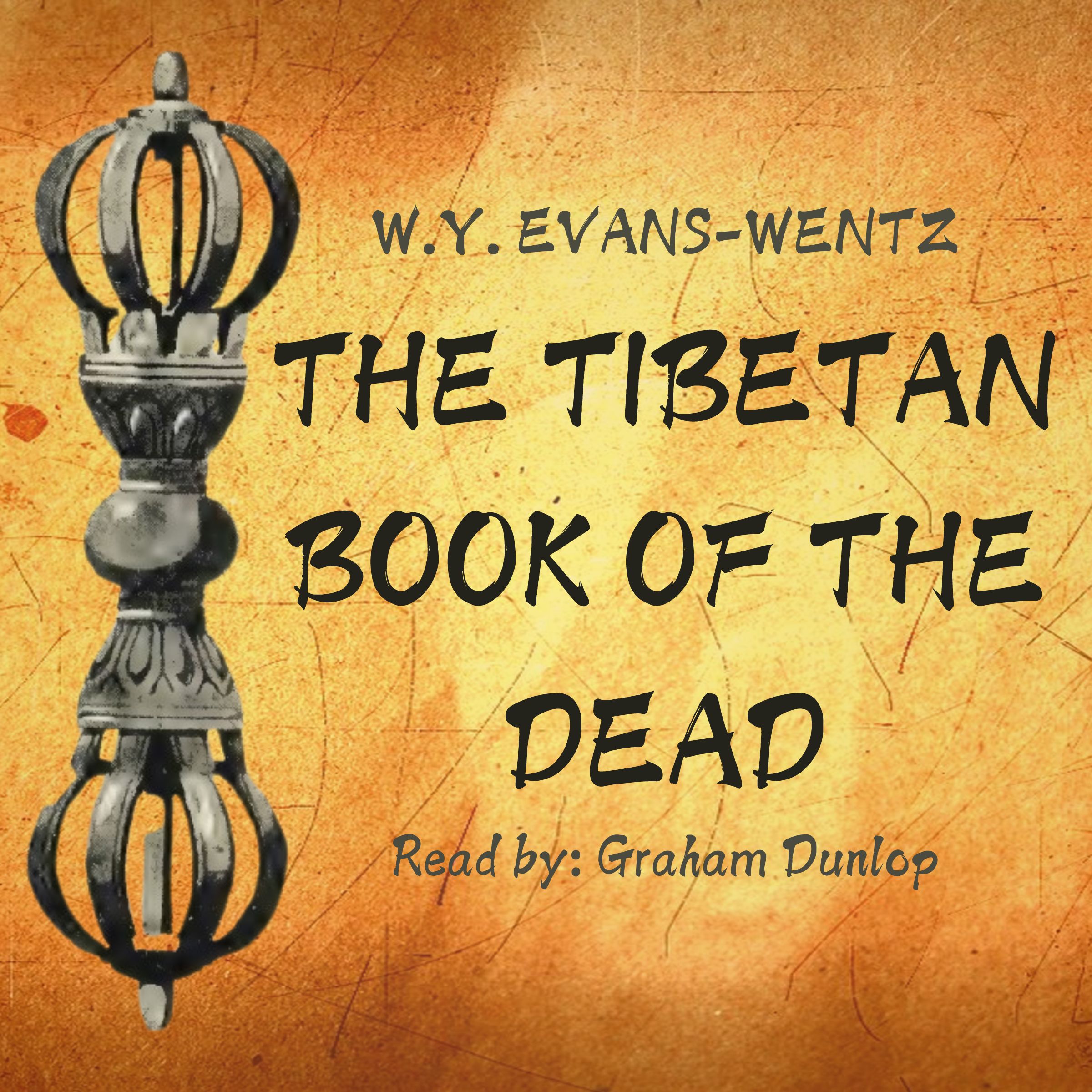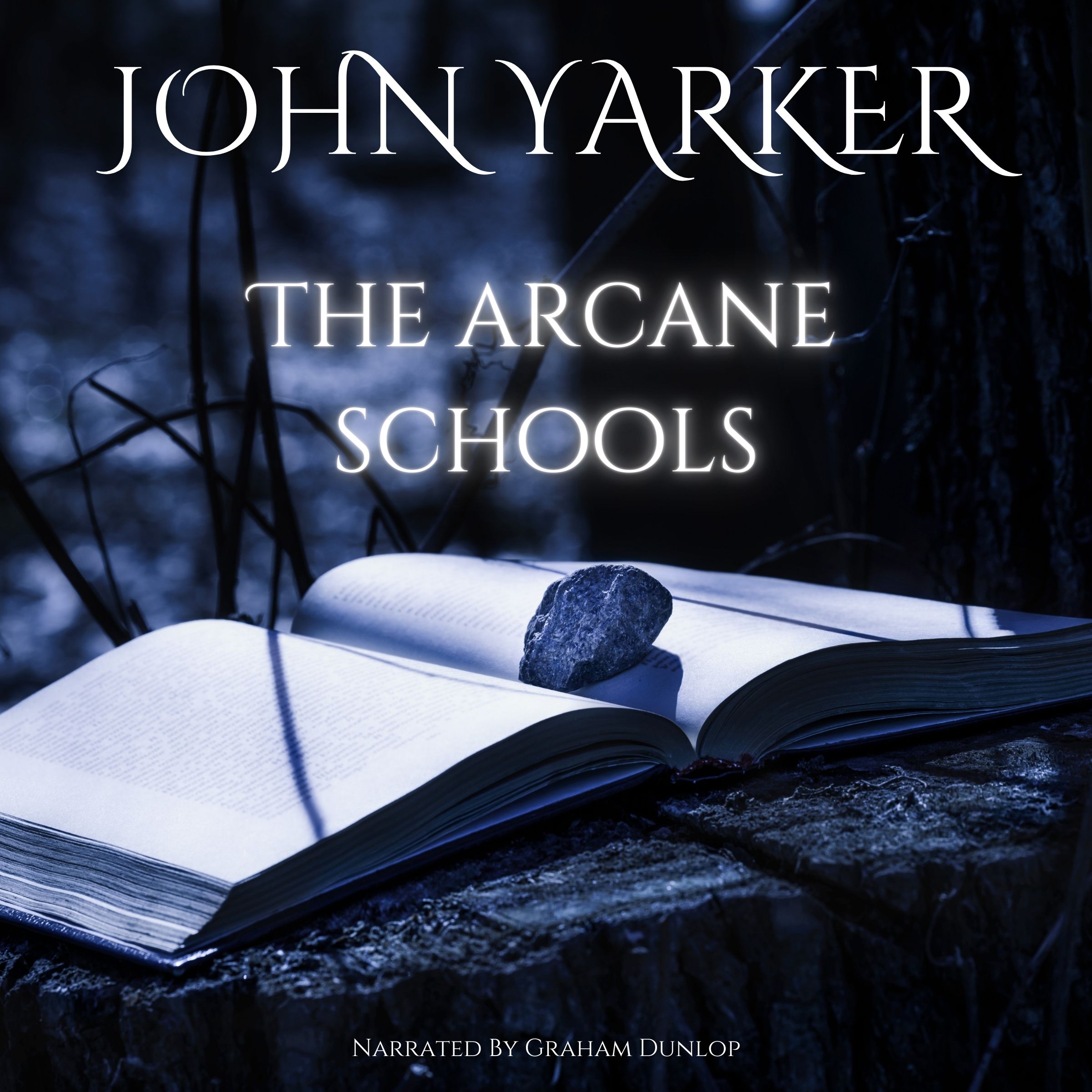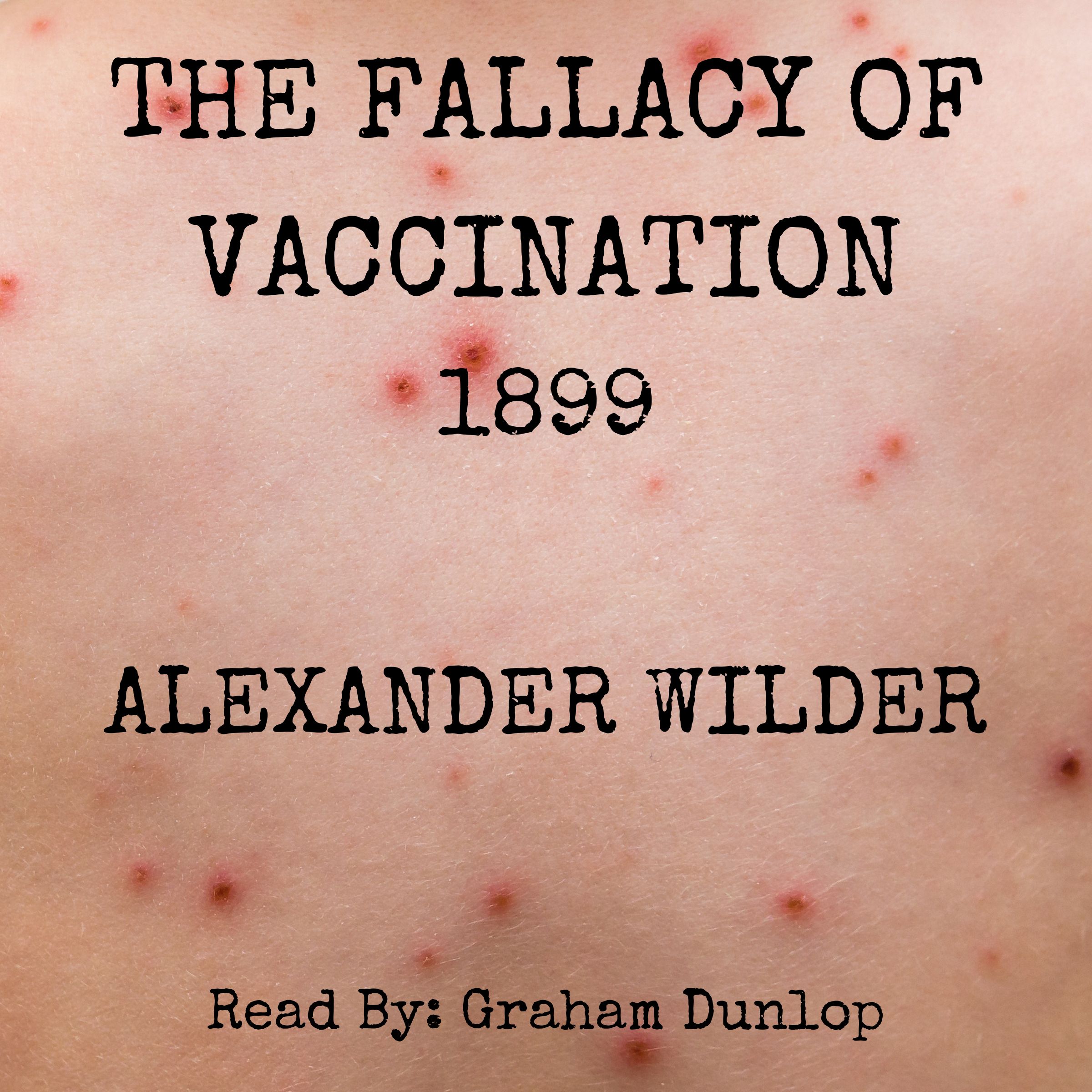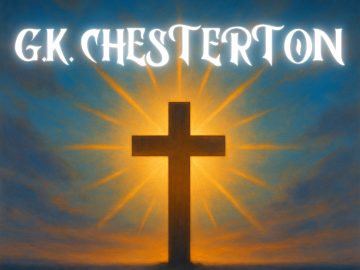CHAPTERS
00:00 – Dedication and Quotes
01:59 – Preface to the Third Edition
13:34 – Preface to the Second Edition
27:03 – Preface to the First Edition
34:57 – Psychological Commentary, by Dr. C.G. Jung
1:20:51 – Introductory Foreword, by Lama Anagarika Govinda
1:48:00 – by Sir John Woodroffe – The Science of Death
INTRODUCTION :
2:36:00 – I. The Importance of the Bardo Thodol
2:41:47 – II. The Symbolism
2:52:31 – III. The Esoteric Significance of the Forty-nine Days of the Bardo
2:56:38 – IV. The Esoteric Significance of the Five Elements
3:03:16 – V. The Wisdom Teachings
3:24:41 – VI. The Death Ceremonies
3:46:53 – VII. The Bardo, or After-Death State
3:52:40 – VIII. The Psychology of the Bardo Visions
4:03:25 – IX. The Judgement
4:14:35 – X. The Rebirth Doctrine
5:12:05 – XI. The Cosmography
5:23:23 – XII. The Fundamental Teachings Summarized
5:29:02 – XIII. The Manuscript
5:40:25 – XIV. The Origin of the Bardo Thodol
5:52:16 – XV. The Translating and the Editing
6:00:18 – Book I. The Chikhai Bardo and the Chonyid Bardo. The Introductory Sections
6:13:58 – Part I. The Bardo of the Moments of Death. Instructions on the Symptoms of Death, or the First Stage of the Chikhai Bardo. The Primary Clear Light Seen at the Moment of Death
6:40:47 – Instructions Concerning the Second Stage of the Chikhai Bardo. The Secondary Clear Light Seen Immediately After Death
6:50:59 – Part II. The Bardo of the Experiencing of Reality. Introductory Instructions Concerning the Experiencing of Reality During the Third State of the Bardo, Called the Chonyid Bardo, When the Karmic Apparitions Appear
6:59:52 – The Dawning of the Peaceful Deities, From the First to the Seventh Day
8:18:42 – The Dawning of the Wrathful Deities, From the Eighth to the Fourteenth Day
9:17:22 – Book II. The Sidpa Bardo. Part I, The After-Death World. The Bardo Body, It’s Birth and it’s Supernormal Faculties
9:35:56 – Characteristics of Existence in the Intermediate State
9:50:06 – The Judgement
10:00:47 – The All-Determining Influence of Thought
10:12:08 – The Dawning of the Lights of the Six Lokas
10:16:04 – Part II. The Process of Rebirth. The closing of the door of the womb
10:37:25 – The Choosing of the Womb Door
10:53:00 – The Alternate Choosing; Supernormal Birth, or Womb-Birth
11:06:16 – The General Conclusion
11:16:12 – The Appendix. I The Invocation of the Buddhas and Bodhisattvas
11:21:02 – II. The Path of Good Wishes for Saving From the Dangerous Narrow Passage-Way of the Bardo
11:26:34 – III. The Root Verses of the Six Bardos
11:31:26 – IV. The Path of Good Wishes Which Protecteth from Fear in the Bardo
11:38:23 – V. The Colophon
11:40:34 – Addenda I. Yoga
11:47:44 – II. Tantricism
12:08-34 – III. Mantras, or Words of Power
12:13:33 – IV. The Guru and Shishya (or Chela) and Initiations
12:19:19 – V. Reality
12:44:37 – VI. Northern and Southern Buddhism and Christianity
13:01:04 – VII. The Medieval Christian Judgement
Podcast (audiobooks): Play in new window | Download
Adultbrain Premium: (Protected Content)





